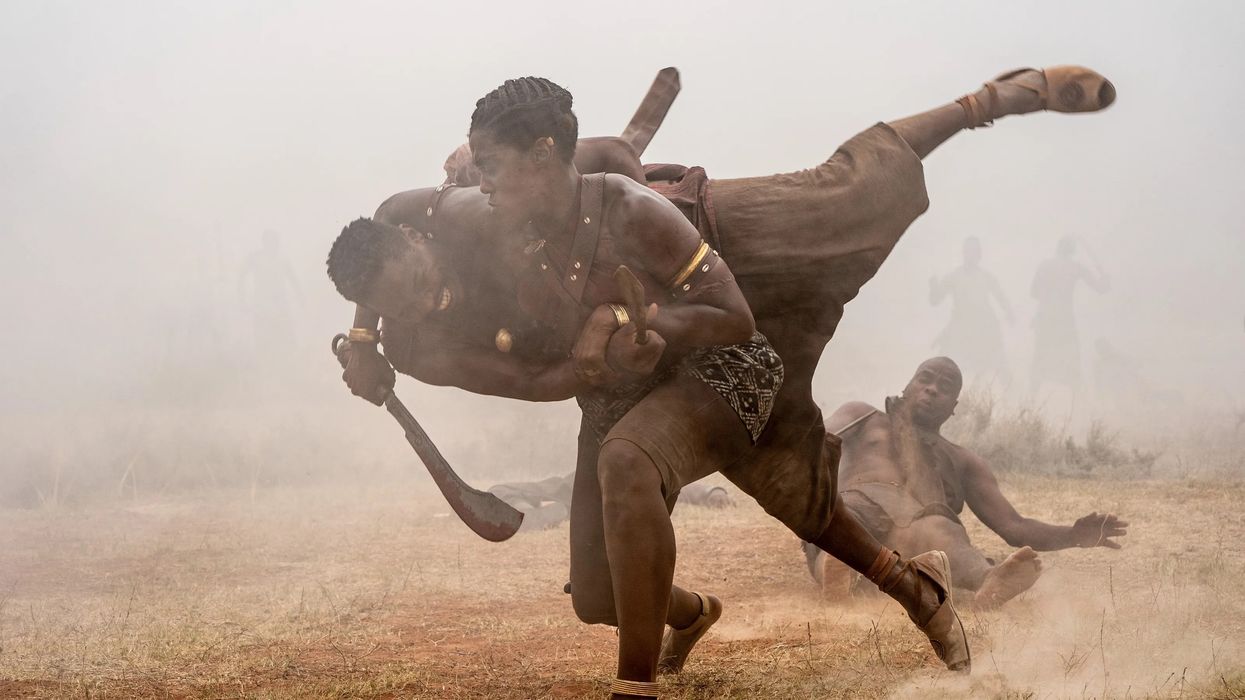Director Gina Prince-Bythewood Calls Out the Academy's Continuing Lack of Diversity
One prominent director points out the Oscars' lack of diversity—again.

It doesn't seem like that long ago since the infamous #OscarsSoWhite campaign... because it wasn't. In 2015 and 2016 the social media hashtag blew up in the wake of a largely white and largely male set of nominees. That year, prominent directors and actors opted not to attend the awards ceremony in protest. AMPAS responded by adding a diverse set of filmmakers to its ranks.
But have things gotten any better?
According to The Woman King director Gina Prince-Bythewood, the answer is no.
In a recent op-ed piece for The Hollywood Reporter, Prince-Bythewood discusses the inequity.
I am currently a producer on a project, and the executives were adamant that the director we chose be a Black Oscar-winning director. While that sounds great, who would that be? In the 95-year history of the Academy Awards, no Black filmmaker has ever won best director. No Black woman has ever been nominated.
Back in 2016, it was the snubbing of Selma director Ava DuVernay and star David Oyelowo that led to outcry. This year, it was Prince-Bythewood and Viola Davis for The Woman King, Chinonye Chukwu and Danielle Deadwyler for Till, Jordan Peele for NOPE, and others that were slighted. There are, however, several nominations forBlack Panther: Wakanda Forever, including Angela Bassett for best supporting actress. But Prince-Bythewood calls this more than a "snub."
The Woman King wasn’t snubbed. A snub is if it missed out on a category or two. The film was not nominated for one single craft. Not one single extraordinary performance was recognized. And when has that happened for a successful film that hit all the so-called markers? It’s not a snub. It’s a reflection of where the Academy stands and the consistent chasm between Black excellence and recognition. And, sadly, this is not just an issue in Hollywood but in every industry.

According to the director:
As I moved through this awards season, I was struck by the Academy members who simply didn’t want to see the film. People thought it was a compliment at some of our screenings to tell me they had to be dragged there, because they didn’t think it was a film for them, or spoke of contemporaries who couldn’t be convinced to come with them, and being so surprised by how much they loved the film.
As we've said, a lack of diversity within Hollywood is unfortunately not a new problem. There are few crew positions held by women, a fact reinforced by a very recent study, and other female directors who made great movies this year (like Charlotte Wells, who directed Aftersun) were just not in the conversation. The NAACP has called out a lack of diversity at the development level. Since the pandemic, the needle has moved slightly, but not enough for most people. This is simply an area that still needs work.
Let us know your thoughts in the comments.
Source: The Hollywood Reporter











